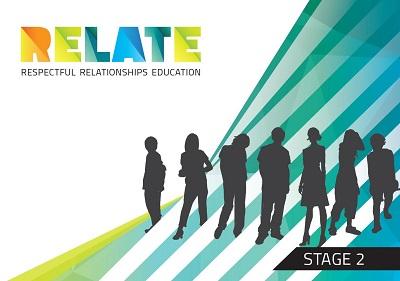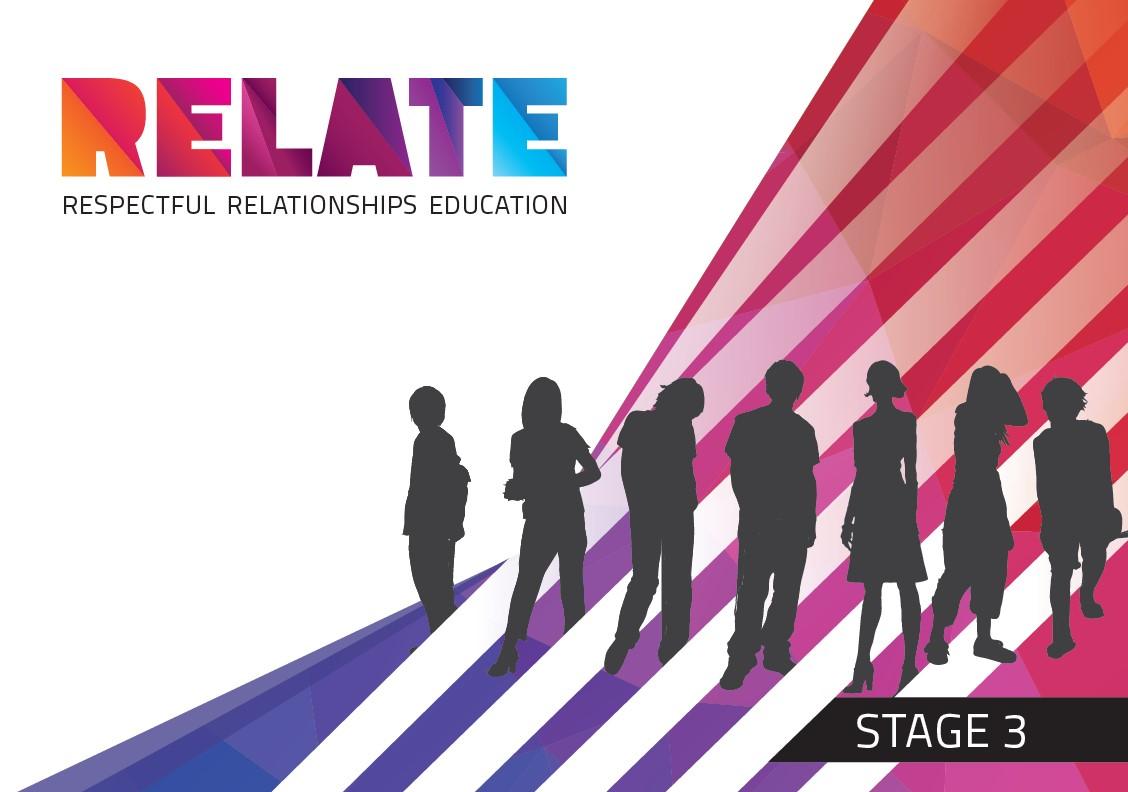
Students explore activities in each of Gardiner's Intelligences to determine what they enjoy and what their strengths are.
Students identify and describe emotions and develop an understanding that people can have different feelings and responses to different situations.
Students develop an understanding that social skills are required to build and maintain friendships.
Students explore things they are good at, identify these as their strengths, and explore how these can change over time.
Students explore different emotions, the signals their bodies give for each emotion, and positive coping strategies for different scenarios.
Students distinguish between friendly and unfriendly behaviour and identify their own ‘getting on with others’ strengths and limitations. Students practise using friendly behaviour with others by giving and receiving compliments.
Students explore the feelings associated with being able to do something by themselves for the first time and reflect on how personal achievements can influence a person's identity.
Students identify external body cues and verbal cues that people demonstrate when they are feeling a range of emotions. They identify how to ‘look’ and ‘listen’ to read these emotions in others and practise reading emotions in others in role-play situations.
Students discuss the changes that take place in families and identify realistic independent activities that they can do to help and cope with these changes.
Students examine how success, challenge and failure strengthens their own personal identity.
Students learn to recognise problems in relationships and develop practical solutions to prevent or manage conflict.
Students develop an understanding of what to do in situations where others are being bullied, that shows empathy and respects the rights of others.
Students explore the implications of intense emotions on self and others and develop personal strategies to cope with the intense emotions that can result from adverse situations and the demands of others.
Students identify the social skills needed to develop respectful and positive relationships. They practise cooperating and collaborating with peers using specific social skills relating to respect, empathy and valuing differences.
Students develop a repertoire of strategies to use to protect themselves from bullying. They also examine ways to help someone else that may be being bullied.
Students identify and apply resilience skills required to respond positively to challenges and failure such as ways to calm the body; using self-talk, optimistic thinking and help-seeking behaviours.
Changes with growing older and how to manage
Students explore the physical, social and emotional changes that occur throughout a person's life.
Students practice asking for permission to touch or posting pictures of others online, saying no and discuss where to get support.
This lessons aims to teach students that consent is already a part of their every day life, encourage them to seek consent and know where to go for help if needed.
Students discuss the changes that take place in relationships over time and identify feelings and strategies to help and cope with these changes.
Students discuss and learn about the ways that consent can be communicated including verbal and physical cues.
Students investigate ways to access community resources to seek help about health, safety and wellbeing. They then determine criteria for the credibility of a website and evaluate a range of websites and apps.
Students investigate the possible influence that peers may have on the decisions we make.
Discussion and acknowledgement being denied permission, rejection, feelings of shame and disappointment.
Students identify the qualities of a respectful relationship, problem solve in a range of bullying, harassment and stressful situations and work towards enhancing an existing relationship by making informed choices to develop an action plan.
RELATE: Respectful relationships program - Stage 2
Consent: Assertive and respectful communication
Students learn how consent is communicated across various relationships and the underpinning elements that make consent assertive and respectful.
Consent: Ready vs not ready for sexual activity
Students discuss, consider and compare different views and perspectives on being ready for sexual activity.
Students develop an understanding of cyberbullying and the implications of sharing information online.
Porn: The who, what, where, when, how, why and why not
Students use the graffiti wall strategy and the Laugh and learn videos to develop an understanding of what porn is, how people may come across porn, why people access porn and its possible harms. Strategies for dealing with unwanted exposure to porn are also discussed.
Sexting: To send or not to send
Students use the Laugh and learn video and a decision mapping process to explore situations where people might be asked to send a sext.
RELATE: Respectful relationships program - Stage 3
Body Image
Students analyse how beauty is represented in the media through music and magazines and the impact this, and the perceptions of others, have on personal identities.
Students will consider what sources of health information they use and what sources of information they should trust. They will consider the role of influencers in disseminating health information and how to critique this information.
Health campaigns - sexual health
Students explore the purpose of health campaigns and identify the components of a successful campaign. In groups, they develop their own campaign with a sexual health theme.





